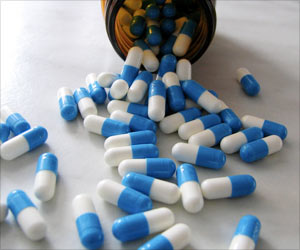“It remains challenging to identify those at highest risk in order to offer them treatment in addition to lifestyle changes such as diet and exercise,” said Dr. Parag Joshi, senior author of the study.
‘Excess visceral fat and ectopic fat increase the risk of heart disease. Liraglutide helps reduce this risk by decreasing the levels of fat deposition around the abdomen and the liver.’
Visceral fat refers to the fat stored in the abdominal cavity. In contrast, ectopic fat is the accumulation of adipose tissue in locations that are not usually with that type of tissue storage.
Researchers at the UT Southwestern medical center enrolled 185 study participants on a clinical trial in which the participants were given a once-daily injection of liraglutide over 40 weeks. The drug reduced the fat two-fold greater in the abdomen and six-fold greater in the liver than overall body weight.
These results held true across all race/ethnicity and BMI categories and among those with or without baseline prediabetes. The drug also decreased the levels of fasting blood glucose and inflammation in the trial participants without diabetes.
Liraglutide was also able to reduce fasting blood glucose and inflammation in this trial population without diabetes.
“Our study used the latest imaging technology to evaluate different fat components in the body. The main finding was a significant decrease in visceral fat in patients without diabetes but who were overweight or had obesity. These results show the potential of liraglutide treatment for significantly lowering the risk of chronic disease in this population,” concludes Dr.Joshi.
The study was supported by a grant from Novo Nordisk. The findings of the research have been published in The Lancet Diabetes & Endocrinology.
Source: Medindia



